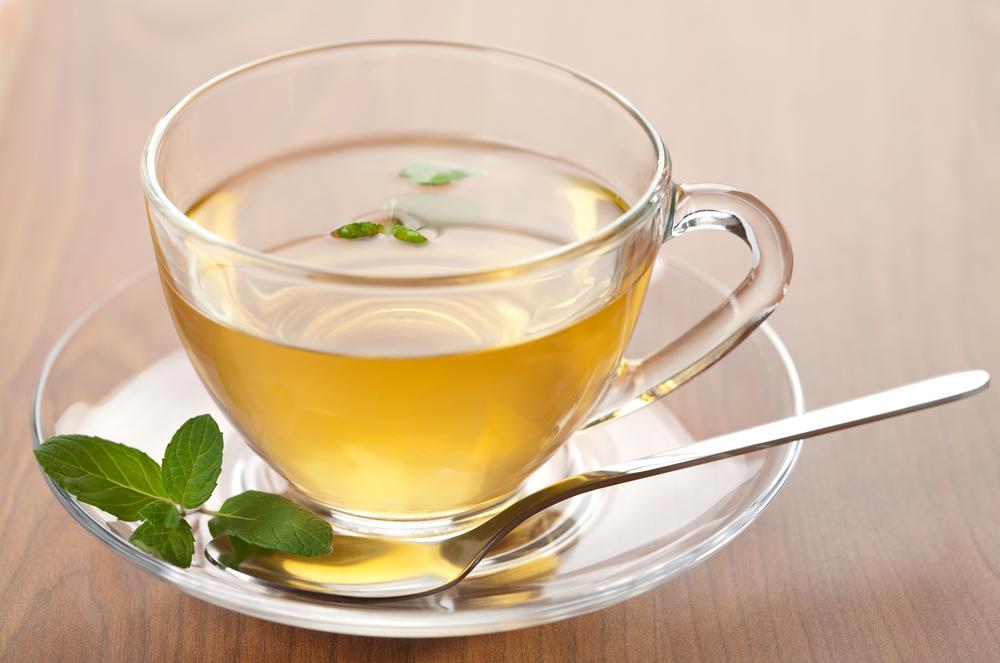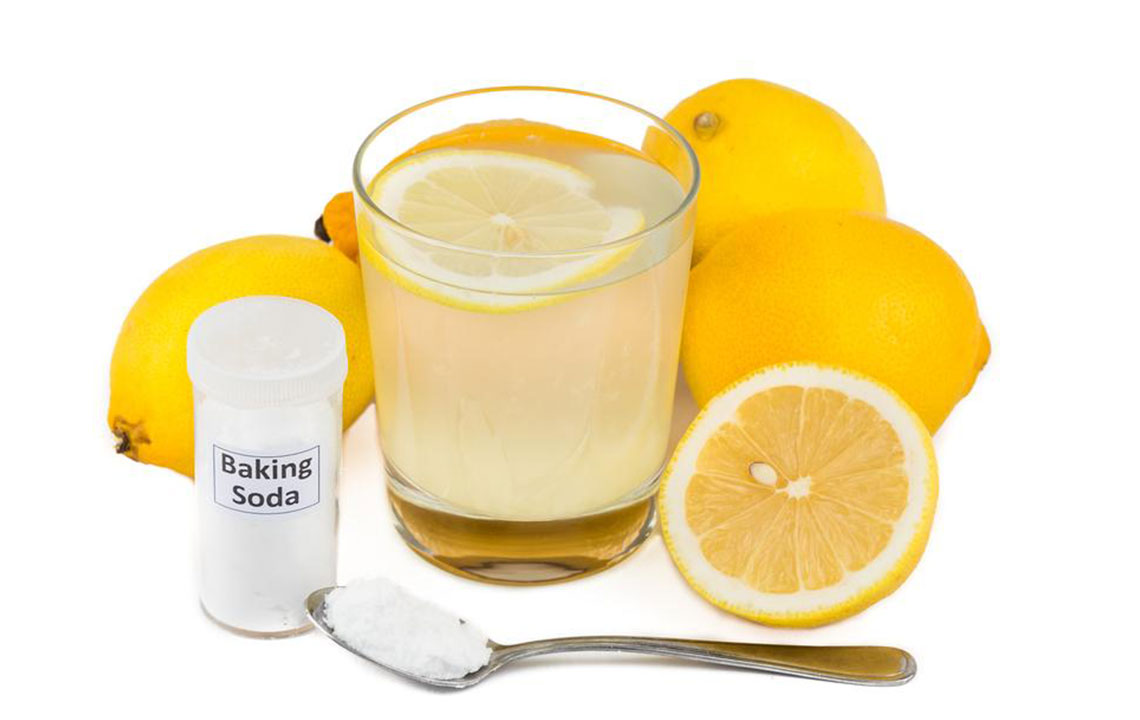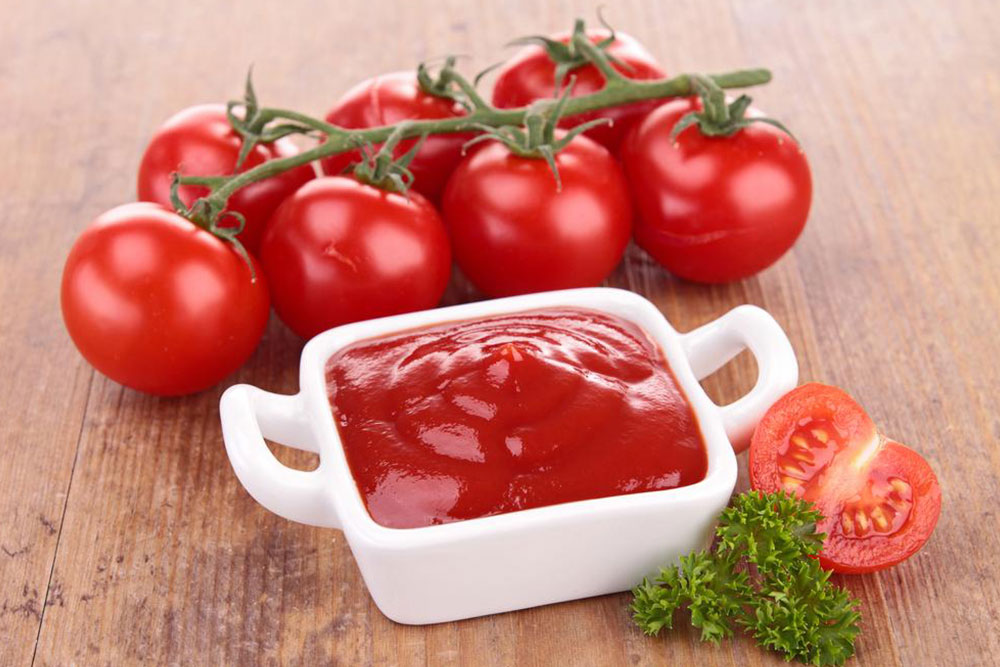Diet Strategies to Manage Gout Effectively
Discover effective dietary strategies to manage gout, including superfoods like nuts, whole grains, legumes, and fruits. Learn which foods to avoid for better joint health and pain reduction, helping prevent flare-ups and improve quality of life with balanced nutrition tailored for gout sufferers.

Effective Dietary Tips for Gout Relief
Gout, a form of arthritis, affects many individuals regardless of gender. It manifests through intense joint pain, swelling, and redness, often impacting the big toe and making walking or daily tasks uncomfortable. Other joints like the knees, elbows, and finger joints can also be affected. The primary cause is excess uric acid buildup in the joints. Patients must carefully monitor their diet to prevent flare-ups and reduce discomfort.
Here are some nutritious superfoods recommended for gout management.
Top Superfoods for Gout
Incorporating specific foods into your diet can significantly help control gout symptoms. These foods tend to be low in purines, reducing uric acid levels, yet remain delicious and nourishing. Consider adding the following to your meals:
Nuts
Almost all nuts are powerful superfoods for gout, packed with essential vitamins and minerals that support bone health and tissue repair over time.
Whole grains
Brown rice, oats, and barley are excellent choices. Rich in fiber, these grains promote digestive health and supply vital nutrients for overall well-being.
Legumes
Soybeans, lentils, tofu, and other beans are rich in nutrients that help reduce inflammation and pain in affected areas.
Fruits
Fruits, especially cherries, are highly beneficial. They help lower inflammation and uric acid levels, potentially reducing gout attacks.
Green vegetables
Leafy greens are full of minerals and vitamins that restore body strength, regulate metabolism, and lower uric acid buildup, preventing painful flare-ups.
It's advisable to avoid foods high in purines and fructose, such as organ meats like kidneys, liver, and brain, as well as fish such as herring, trout, haddock, tuna, and anchovies. Additionally, steer clear of yeast, sugary foods and drinks like honey, corn syrup, and soda, alongside refined carbohydrates like cakes and cookies, which can elevate uric acid levels without nutritional benefits.









